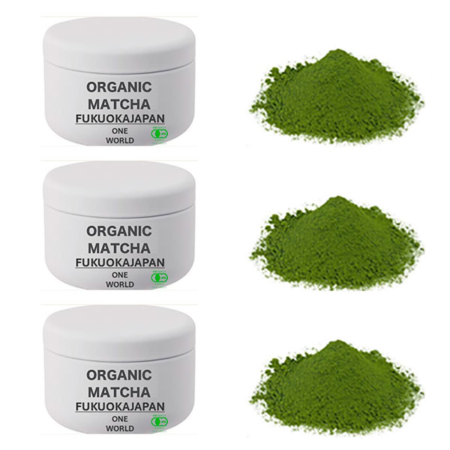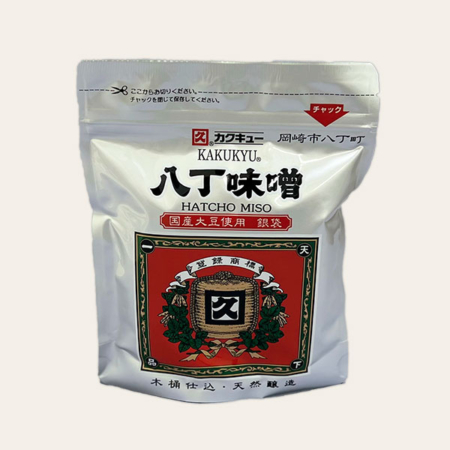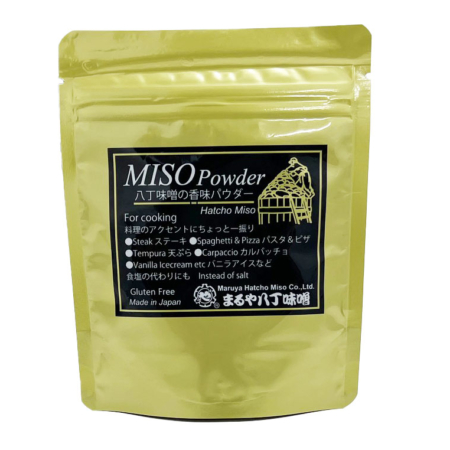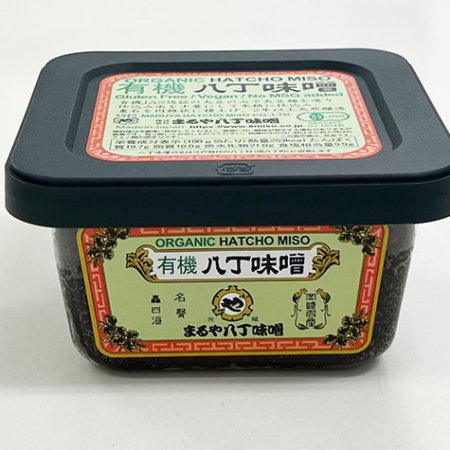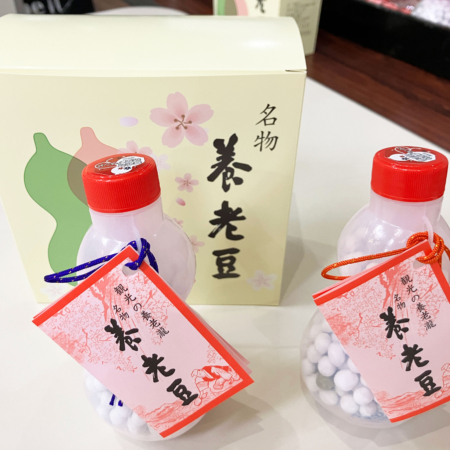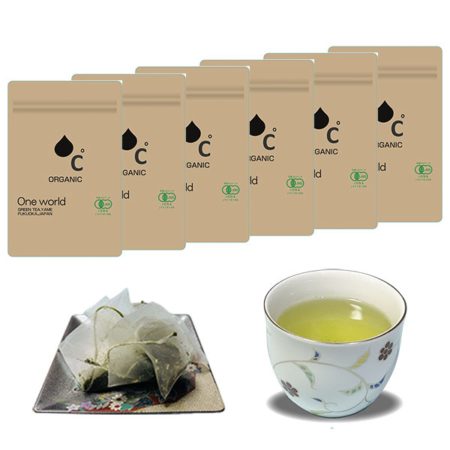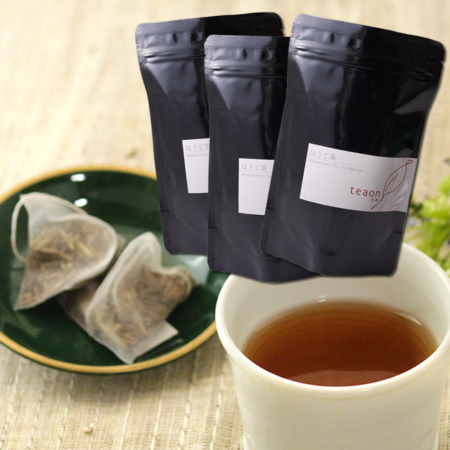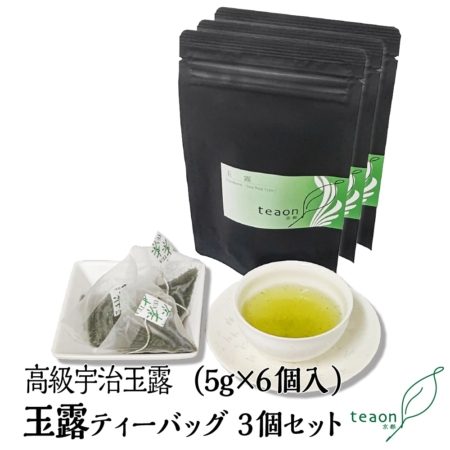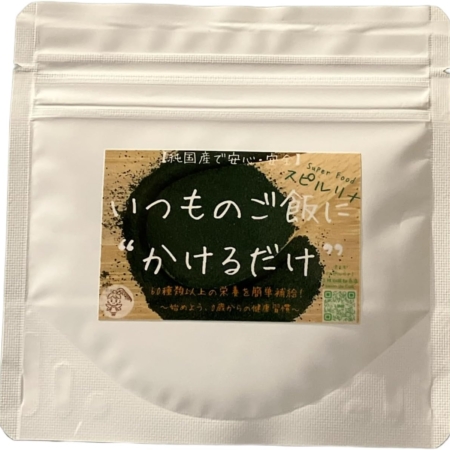Description
Yame tea is the name of tea grown in Yame City, Fukuoka Prefecture. Yame City is characterized by its topography that is prone to fog, a climate with large temperature differences between daytime and morning and evening, and rich soil with accumulated leaf mold, making it extremely suitable for growing tea. Therefore, Yame City is characterized by the fact that it grows tea of outstanding quality in Japan.
However, the areas where high-quality tea is grown are limited even within Yame City, and the amount of particularly delicious tea leaves harvested is not large. Our company was able to obtain this rare and difficult-to-obtain high-quality tea by contracting with local farmers.
One World Yame Tea, which is carefully selected from the high-quality teas known as Yame tea, is a tea that suppresses bitterness and enhances sweetness, and the fine foam allows you to fully enjoy the flavor of matcha in your mouth. Please try the taste of the highest quality Japanese matcha.
health-promoting nutrients such as catechins, vitamins,
minerals, and amino acids.
It has various beneficial effects on cancer, heart disease,
stroke, diabetes, dementia, and mental health.
We are committed to quality and offer carefully selected
Japanese tea.
◇ Catechin
Catechin is a component responsible for the unique astringency and
bitterness of Japanese tea and has strong antioxidant properties.
Consuming 500-600 mg of green tea catechins daily is said to be
effective in reducing body fat. Additionally, it has cancer-preventive
and anti-tumor effects, suppresses the rise in blood pressure and
blood sugar levels, and has antibacterial and antiviral effects, as well
as benefits for preventing tooth decay and bad breath.
◇ Caffeine
Caffeine is a component also found in coffee that has stimulating
effects. It activates the brain by stimulating the sympathetic nervous
system, helping to prevent drowsiness and improve concentration. It
also has diuretic and fatigue recovery effects.
◇ Theanine
Theanine is a type of amino acid found in tea leaves that enhances the
flavor and makes tea delicious. It is particularly abundant in certain
types of Japanese tea, such as sweet tea (Amacha) and Gyokuro. It
has anti-stress effects and helps to relax both the mind and body.
◇ Vitamins
Japanese tea is rich in vitamins with antioxidant properties.
Vitamin C is essential for the production of collagen, which helps
maintain skin elasticity and suppresses melanin pigment that
causes spots.
◇ Minerals
Japanese tea is also rich in minerals such as potassium, calcium,
iron, and zinc. These minerals are involved in regulating various
bodily functions and are essential for maintaining health.

